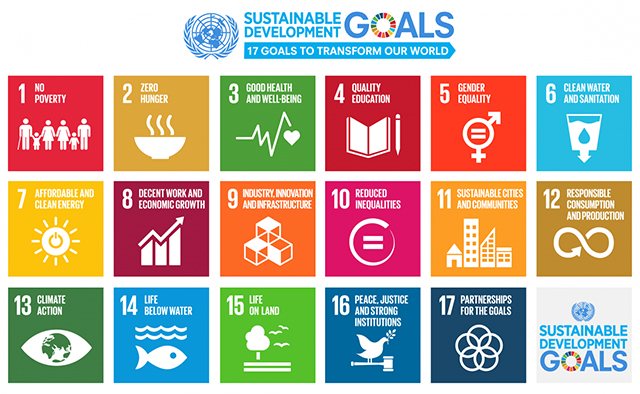Radiance of Hope — Helping break the cycle of poverty
Location
Room A112
Document Type
Presentation
Type
Social Entrepreneurship (SocEnt)
Start Date
1-5-2019 9:30 AM
End Date
1-5-2019 9:50 AM
Abstract
In the Aurora community, 12.3% of the people in the city are living under the poverty line. Further, 13.4% of these people are between the ages of 16 and 24. Statistically, these low-income people under the poverty line are more likely to make poor decisions regarding health, spending, and social interactions. Many studies indicate the underlying issue: they are deeply ingrained to act upon short-term gratification, leading to an endless cycle of poverty. One study conducted by Anuj K. Shah in November 2012 links a lack of money with behaviors that enforce the cycle of poverty. Radiance of Hope aims to engender a behavioral change by targeting and incentivizing low-income people within the local Aurora community to fulfill such conditions as attending job-training sessions, collecting road trash, and avoiding the use of recreational drugs. The incentives are provided to the identified low-income people in the form of conditional bimonthly credits that can be redeemed for services and products directed toward attaining a job like borrowing a suit for a job interview. The revenue source is student tutoring and sales of donated textbooks in the Aurora community.
Radiance of Hope — Helping break the cycle of poverty
Room A112
In the Aurora community, 12.3% of the people in the city are living under the poverty line. Further, 13.4% of these people are between the ages of 16 and 24. Statistically, these low-income people under the poverty line are more likely to make poor decisions regarding health, spending, and social interactions. Many studies indicate the underlying issue: they are deeply ingrained to act upon short-term gratification, leading to an endless cycle of poverty. One study conducted by Anuj K. Shah in November 2012 links a lack of money with behaviors that enforce the cycle of poverty. Radiance of Hope aims to engender a behavioral change by targeting and incentivizing low-income people within the local Aurora community to fulfill such conditions as attending job-training sessions, collecting road trash, and avoiding the use of recreational drugs. The incentives are provided to the identified low-income people in the form of conditional bimonthly credits that can be redeemed for services and products directed toward attaining a job like borrowing a suit for a job interview. The revenue source is student tutoring and sales of donated textbooks in the Aurora community.


